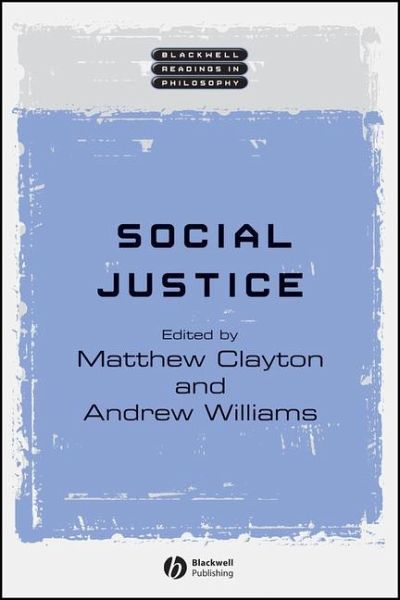
Social Justice
Versandkostenfrei!
Versandfertig in über 4 Wochen
152,99 €
inkl. MwSt.

PAYBACK Punkte
76 °P sammeln!
The question of how to distribute benefits and burdens between different individuals and groups has exercised some of the greatest philosophers of the past, and dominates the study of contemporary political philosophy. This volume brings together some of the most creative contributions to one of the most intellectually fertile, and politically significant, areas of debate in practical philosophy. Beginning with two classic discussions by Locke and Hume, the volume then turns to contemporary theories of social justice, focusing on Rawls, Nozick, Dworkin, and some of their most influential criti...
The question of how to distribute benefits and burdens between different individuals and groups has exercised some of the greatest philosophers of the past, and dominates the study of contemporary political philosophy. This volume brings together some of the most creative contributions to one of the most intellectually fertile, and politically significant, areas of debate in practical philosophy. Beginning with two classic discussions by Locke and Hume, the volume then turns to contemporary theories of social justice, focusing on Rawls, Nozick, Dworkin, and some of their most influential critics. It concludes with a set of provocative readings on various specific issues - the family, market incentives, world poverty, cultural rights, and future generations - that have extended or challenged common conceptions of justice. With an introductory essay and a guide to further reading, Social Justice will appeal to students in law, politics, and normative economics, as well as philosophy.












